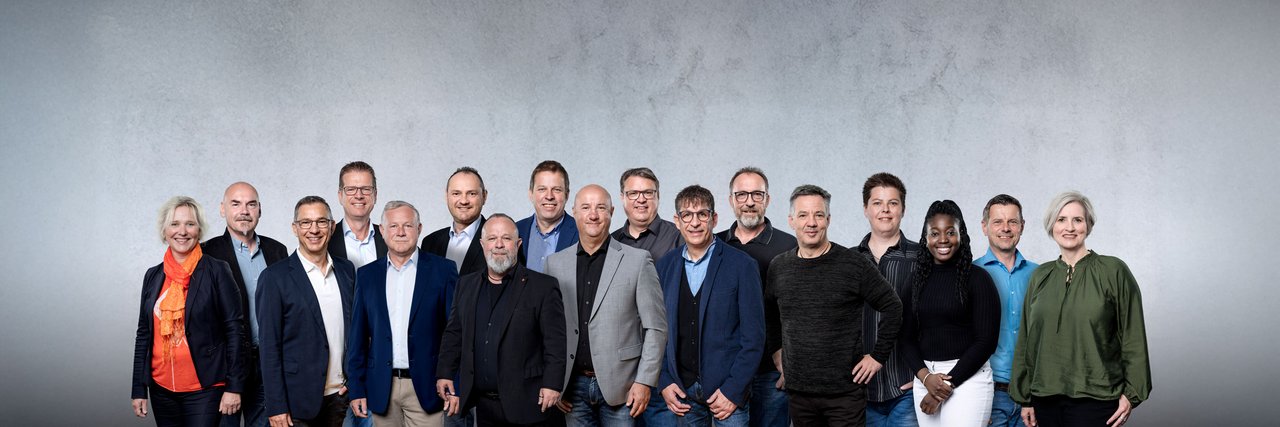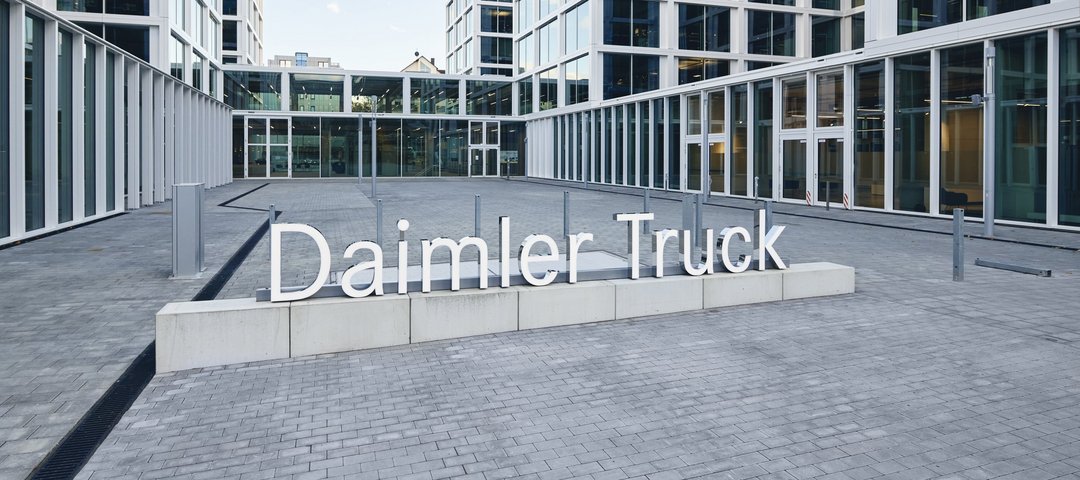The German model of co-determination is unique in the world and has been successful for decades. This is evidenced by the economic success of German enterprises on the global market. Employees benefit from high labor and social standards in German industry and, last but not least, from an attractive salary level.

Works Council.
Modern co-determination
Even in economically difficult times, an active and forward-looking works council can reach viable agreements with the management that contribute to the competitiveness of the enterprise and to securing jobs.
The works councils in the plants, locations and branches are elected democratically by the employees every four years. Labour representatives are elected to the Supervisory Board approximately every five years.
The Daimler Truck labour representative body works on many topics in a constructively critical dialog with the management, such as:
- The socially responsible design of the transformation towards climate-neutral freight and passenger transport.
- Questions on occupational health and safety, HR and cultural issues, modern working conditions as well as diversity and inclusion
As members of the Supervisory Board, the labour representatives have a say in important strategic decisions, in HR matters at Board of Management level, in management remuneration and exercise a control function, for example in the annual financial statements.
The labour representative body of Daimler Truck is convinced that the competitiveness of the enterprise is fundamental for safe and attractive jobs in Germany. The employees have been making a decisive contribution to this with their knowledge and motivation for decades. The Daimler Truck Works Council is therefore committed to ensuring that the interests of employees are taken into account to the same extent as customers and shareholders. This is modern co-determination.

